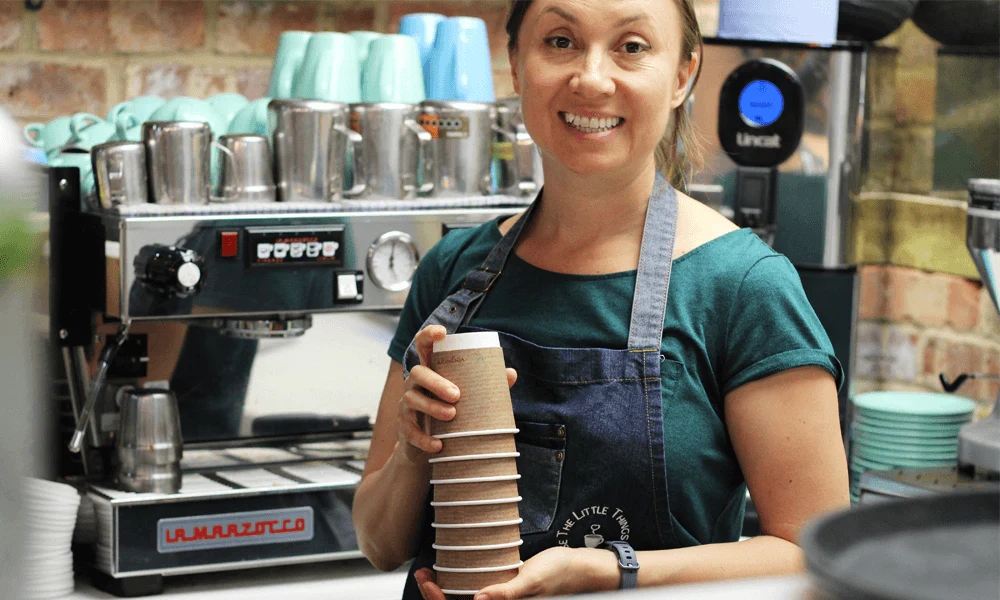The Importance of Food Containers in Modern Life
In today’s fast-paced world, convenience is king. As people juggle busy schedules, the demand for efficient storage solutions has become ever more critical. Food containers play a vital role in how we manage our meals, keep food fresh, and minimize waste. These unassuming vessels have evolved from simple boxes to intricate designs that meet various culinary needs.
The Evolution of Food Containers
Historically, food containers were made from natural materials—think clay pots or woven baskets. As societies advanced, so did the materials used for storage. The introduction of glass, metal, and ultimately plastic revolutionized the way we store food. Glass containers become popular due to their non-reactive properties, making them ideal for acidic foods. Metal containers, particularly stainless steel, are known for their durability and ability to maintain temperature, making them perfect for lunchboxes and thermoses. However, it’s the innovation of plastic that has truly transformed the food storage game. Lightweight, versatile, and affordable, plastic containers reign supreme in kitchens worldwide.
Types of Food Containers
The market is flooded with an array of food containers designed to accommodate specific needs. Airtight containers, for example, are essential for keeping dry goods like flour and pasta fresh, while vacuum-sealed bags are perfect for prolonging the shelf life of meats and vegetables. Meal prep containers have gained popularity, catering to individuals who wish to plan their meals ahead of time. These containers often have separate compartments to accommodate various food types, making it easier for those on specific diets to manage their food intake.
Moreover, there are containers designed for microwaving, freezing, and even baking. Microwave-safe containers allow for quick heating, while freezer-friendly options ensure that leftovers can be stored without losing quality. With the growing popularity of meal prepping, stackable containers have also become a staple in many households, maximizing storage space in the refrigerator and pantry.
Environmental Considerations
food containers

While plastic containers offer convenience, they bring about significant environmental concerns. The rise in single-use plastic has contributed to alarming levels of waste. Many companies are responding to these challenges by developing eco-friendly alternatives. Reusable glass or stainless steel containers are becoming more accessible, promoting sustainability and reducing the reliance on disposable products. Furthermore, cornstarch-based biodegradable containers are entering the market, appealing to eco-conscious consumers who wish to minimize their environmental impact.
The Role of Food Containers in Reducing Waste
Food containers play a crucial role in reducing food waste. By providing effective storage solutions, they help preserve leftovers and extend the life of perishable items. This not only saves money but also contributes to reducing the environmental impact associated with food waste, which is a significant contributor to greenhouse gas emissions. With many families becoming more aware of their consumption habits, investing in quality food containers has become a wise choice for those looking to make a positive change.
Practical Tips for Choosing the Right Food Container
When selecting food containers, it’s essential to consider both material and function. Glass containers are excellent for baking and reheating, while plastic options are typically lighter and more suited for on-the-go meals. Look for features like airtight seals and stackable designs for added convenience. Also, consider the size and shape of the containers based on your storage needs. A mix of different sizes can help accommodate everything from snacks to full meals.
Conclusion
In conclusion, food containers are much more than mere storage solutions; they are a crucial aspect of modern living that impacts our health, convenience, and the environment. As we continue to evolve in our food consumption and storage practices, the choices we make in selecting food containers can lead to healthier lifestyles and a more sustainable planet. Investing in the right containers not only makes meal management easier but also fosters a more mindful approach to how we treat our food and the resources of our planet. It's a step towards a future where convenience and sustainability go hand in hand.



